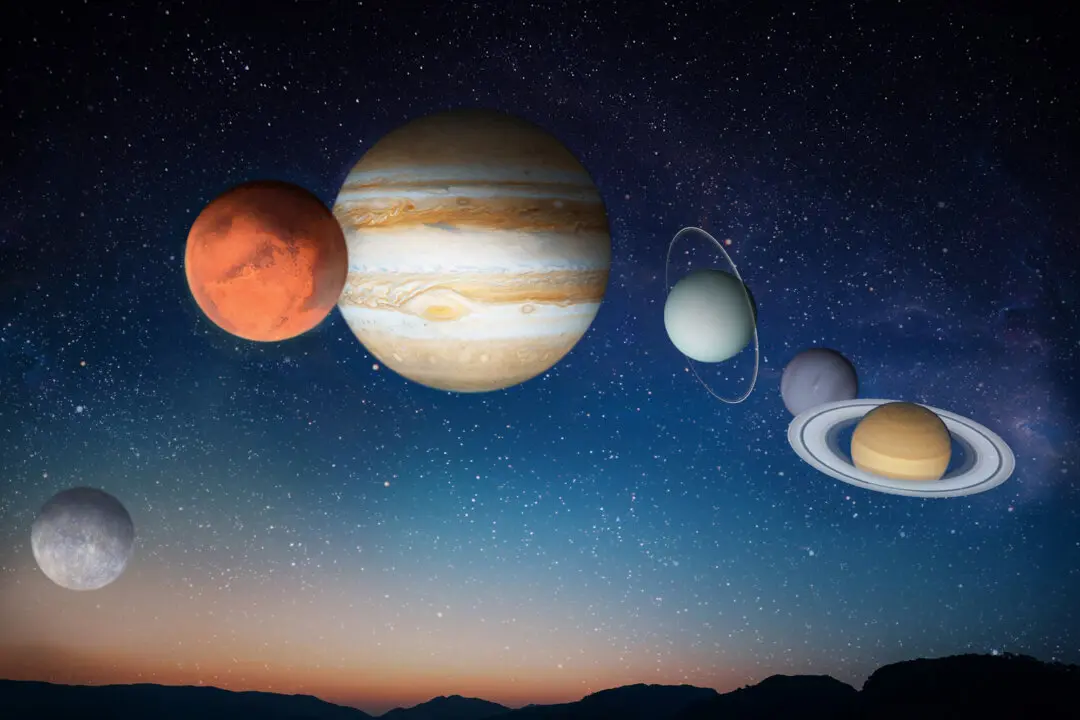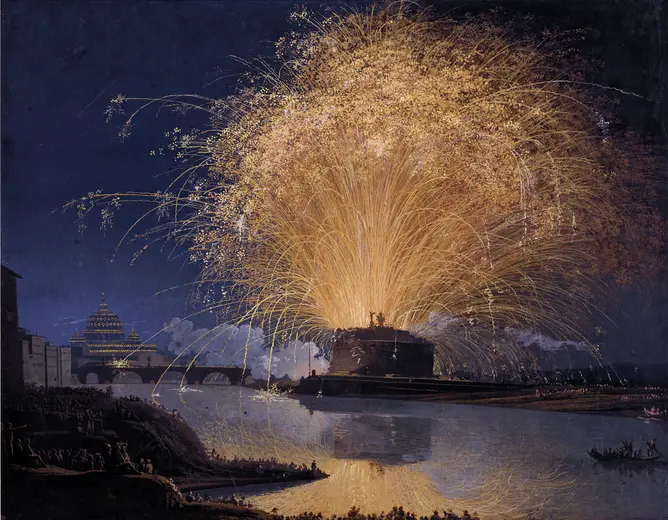Life is hard. It’s also beautiful. It’s made of love and work and more love. And even though you know it’s going to end, you also know a part of it will somehow go on.
I didn’t get the theme above from a wise teacher or an ancient book. I got it from a 1968 pop-country song that has been called “the greatest song ever written.”






